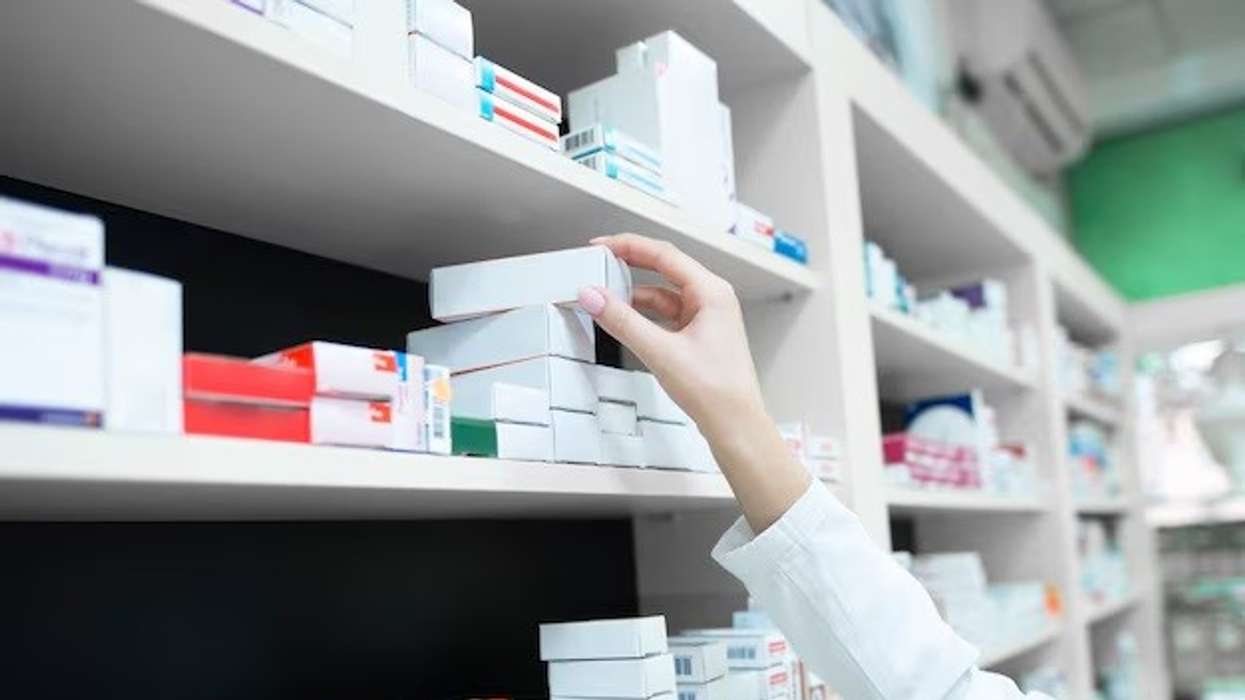Cancer-causing HPV16 and 18 infections are now extremely uncommon among England’s young women, according to Public Health England (PHE).
This is following the introduction of HPV (human papillomavirus) vaccination in 2008.
According to PHE data, HPV16 and 18 infection rate among 16 to 18-year-old girls between 2014 and 2018 was 2 per cent, while in 2018 zero infections were detected in a sample of over 600 young women tested.
The prevalence of HPV6 and 11, which cause 90 per cent of genital warts, also fell for the first time in 16 to 18-year-old girls, down to 4 per cent in 2018 from about 7 per cent in 2017.
“Thousands fewer women and men will be diagnosed with cancer as a result of the HPV vaccination programme and declining infection rates,” Health Minister Nicola Blackwood said.
“Our world-leading vaccination programmes are vital in protecting young children and preventing the spread of a host of awful diseases. It’s incredible to think that this vaccination is helping us eradicate cervical cancer for good.”
HPV is the cause of 99 per cent of cervical cancers with types 16 and 18 responsible for four in five cases. The virus also causes anal and penile cancers and some types of head and neck cancers.
Dr Vanessa Saliba, Consultant Epidemiologist, Public Health England, said:
“With millions of young women protected by HPV vaccination, we expect to see big reductions in cervical cancer in years to come and the introduction of the boys’ programme will accelerate this progress.”











